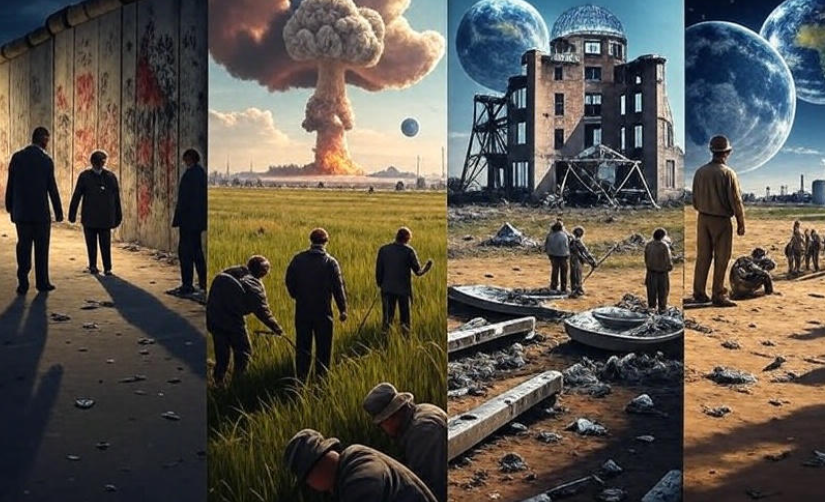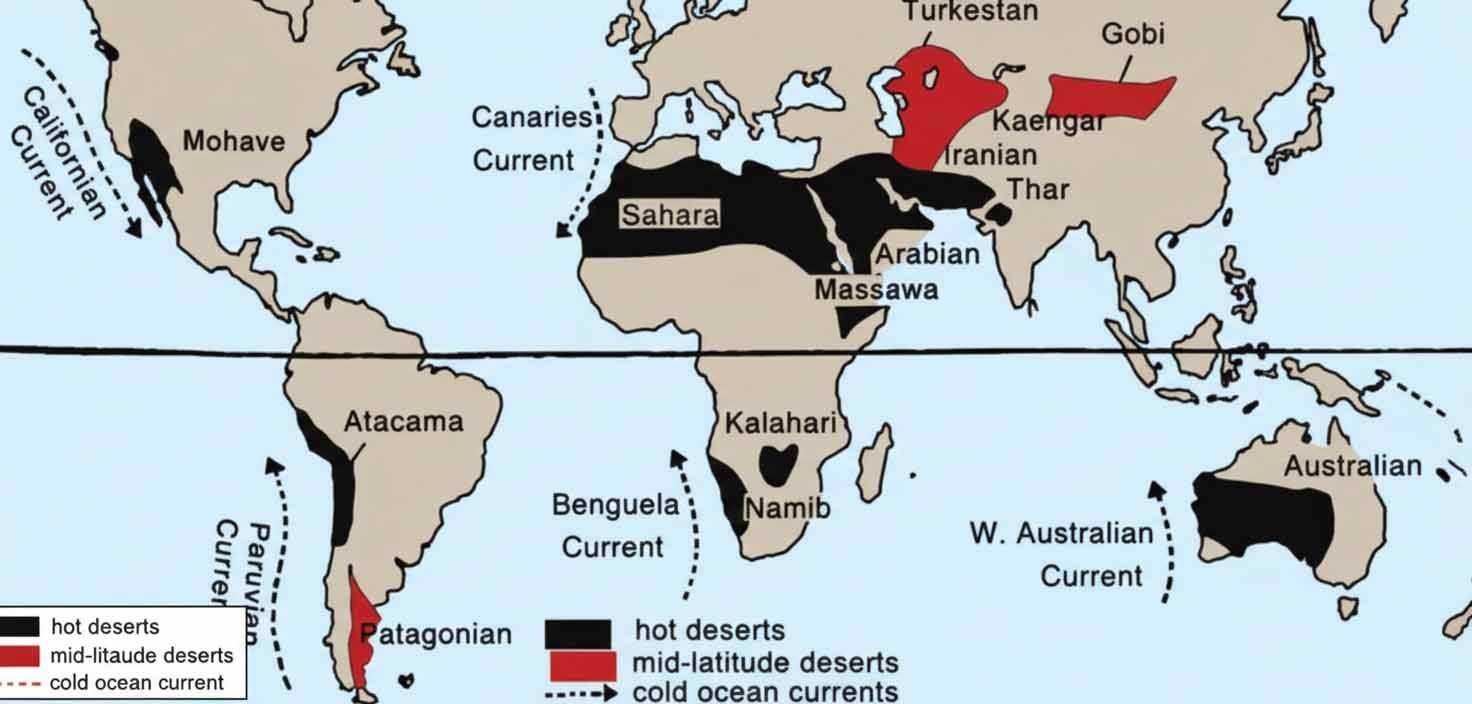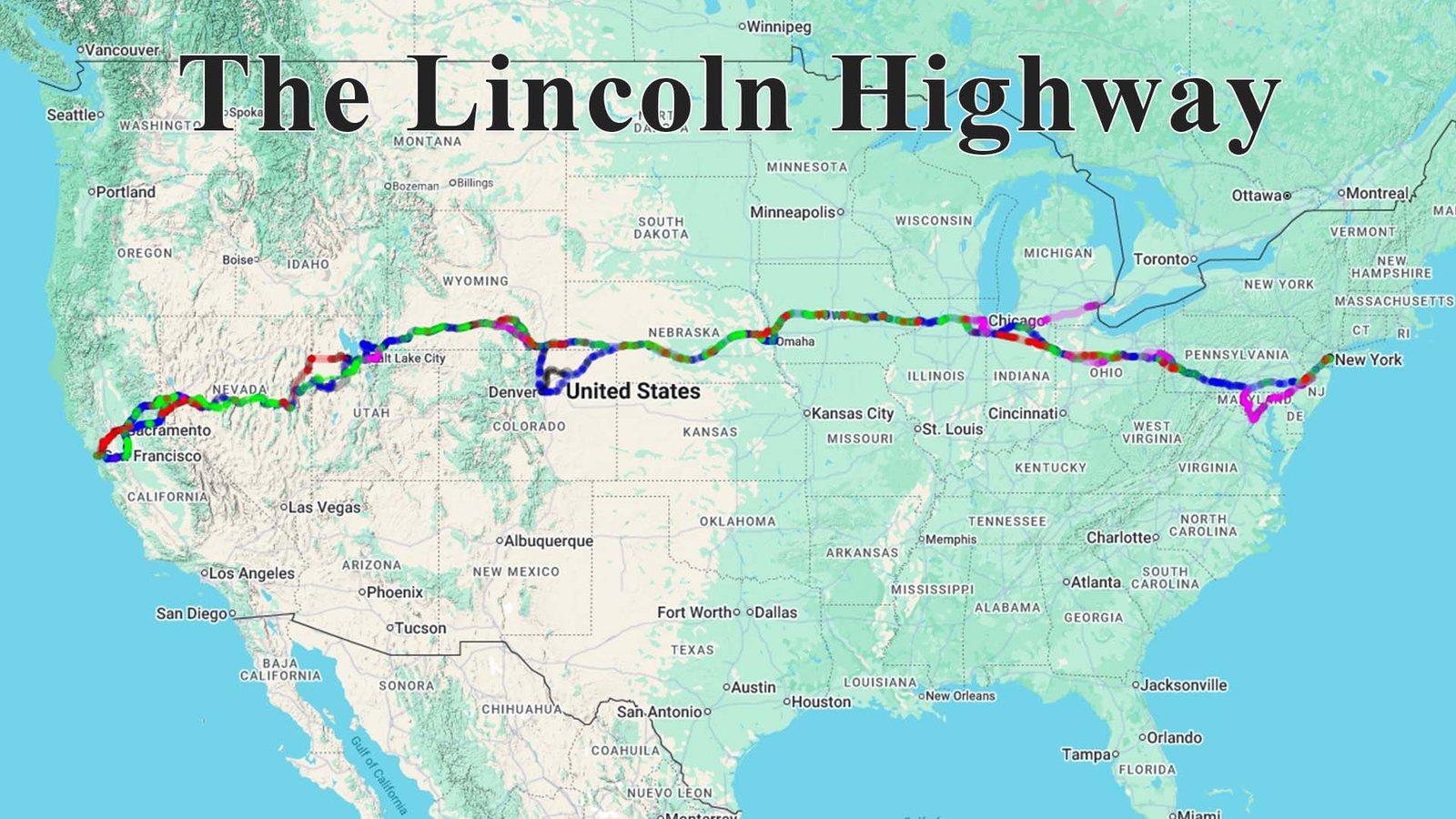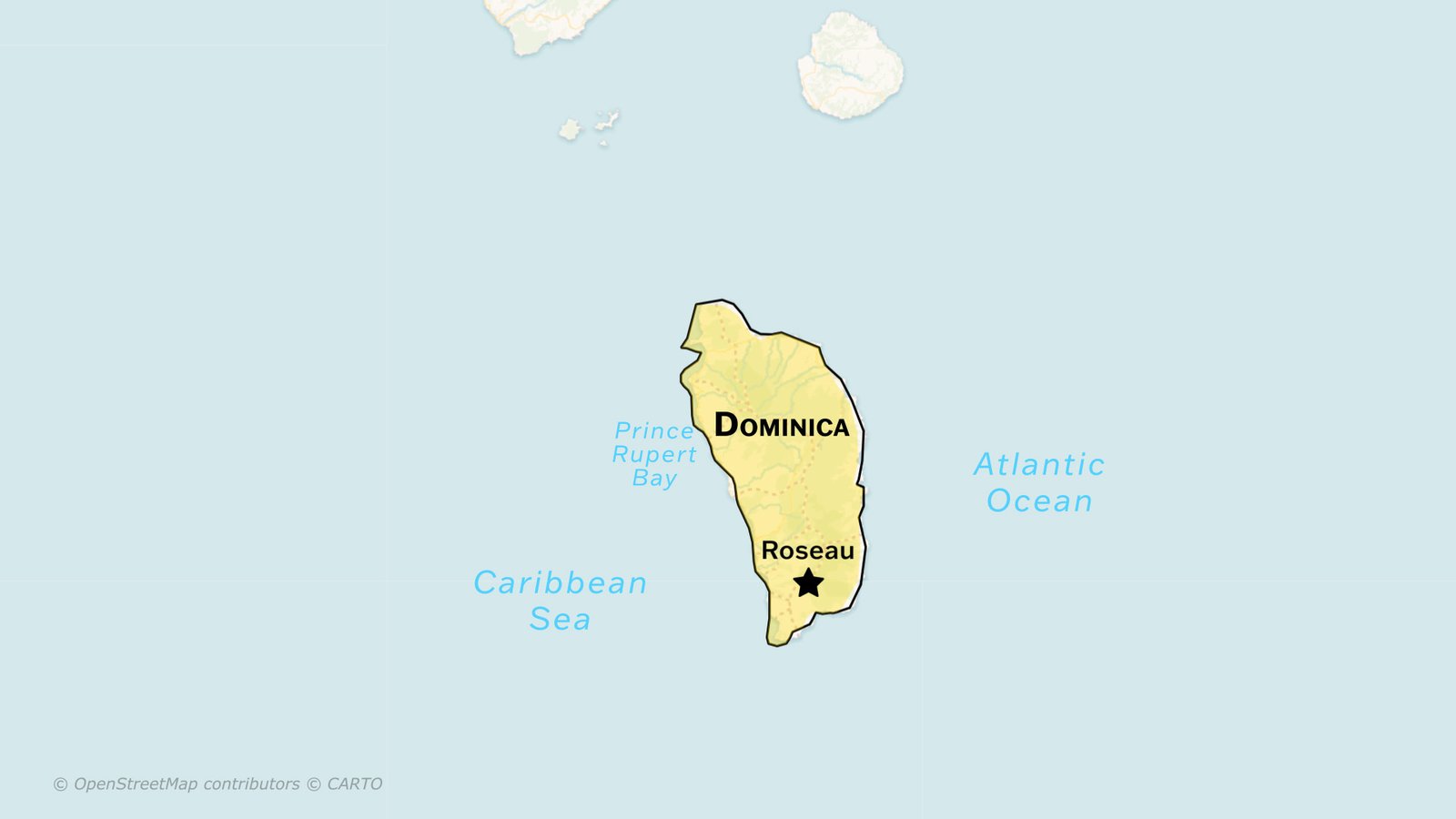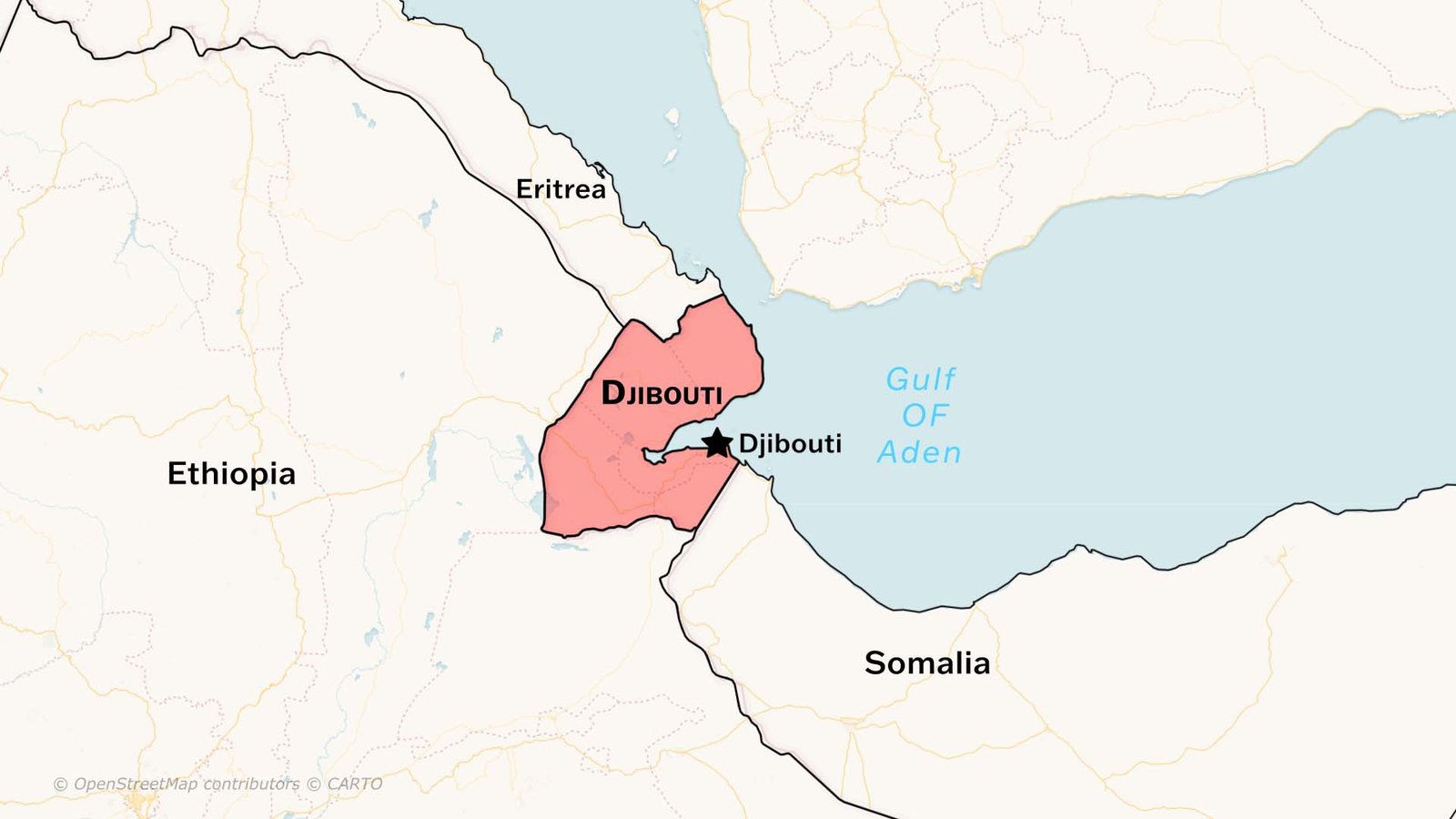History is full of wars, treaties, revolutions, and sudden changes that shaped the modern world. Some events left scars, while others opened doors to peace or innovation. When we look back, certain turning points stand out because they didn’t just affect one country — they reshaped global politics, economies, and even the daily lives of ordinary people 🌍.
Below are six of the most important geopolitical events that completely changed the course of modern history.
The Fall of the Berlin Wall (1989)
The Cold War lasted for decades, dividing the world into two opposing camps: the capitalist West led by the United States and the communist East led by the Soviet Union. The Berlin Wall, built in 1961, symbolized that division. Families were separated, travel was restricted, and East and West Berlin lived in completely different realities.
When the wall fell on November 9, 1989, it was more than just bricks coming down. It represented the collapse of communist regimes in Eastern Europe and marked the beginning of German reunification. Soon after, the Soviet Union itself dissolved. This single event reshaped the global order, ending one of the most tense military standoffs in human history.
| Impact | Explanation |
|---|---|
| Political | Ended the Cold War, weakened communism |
| Economic | Opened Eastern Europe to capitalism and trade |
| Social | Reunited families, gave people freedom of movement |
| Global | Shifted U.S. into sole superpower status |
The fall of the wall gave people hope that freedom can win over fear. For many, it was the day the 20th century truly turned toward a new chapter.
The 9/11 Terrorist Attacks (2001)
September 11, 2001, shocked the entire world. On that morning, coordinated terrorist attacks destroyed New York’s Twin Towers, damaged the Pentagon, and killed thousands of innocent people. But the tragedy didn’t stop there.
The U.S. declared a global “War on Terror,” invading Afghanistan to remove the Taliban and later Iraq in 2003. Air travel security changed permanently — from passport checks to restrictions on liquids, the way we fly today is a direct result of 9/11.
But perhaps the biggest shift was geopolitical. Terrorism became the central focus of international relations for decades. The Middle East became even more unstable, and new extremist groups emerged.
👉 9/11 changed not just U.S. policy but the way the entire world thinks about security and freedom.
The Rise of China as a Global Power
Not all world-changing events involve war. Sometimes, they happen quietly — through trade, technology, and strategy. Over the last 40 years, China transformed from an isolated, mostly poor nation into the world’s second-largest economy.
China’s rise wasn’t sudden. After Deng Xiaoping’s reforms in the late 1970s, the country opened up to foreign trade and investment. Slowly, it became the “factory of the world.” Today, China is not only a global exporter but also a technological competitor in fields like AI, 5G, and green energy.
This rise shifted the balance of power. The U.S. is no longer the uncontested global leader. Countries in Asia, Africa, and Latin America now look to China for trade deals, loans, and development projects under the Belt and Road Initiative.
| China’s Impact | Examples |
|---|---|
| Economic | Second largest economy, massive trade influence |
| Military | Rapid modernization of army and navy |
| Political | Strong influence in Africa, Asia, and UN |
| Technology | AI, green energy, and space exploration |
🌏 Whether you see it as an opportunity or a challenge, China’s rise is one of the most important shifts in modern history.
The End of World War II (1945)
It’s impossible to talk about modern history without mentioning World War II. By 1945, the world was exhausted. The war killed more than 70 million people and left entire cities in ruins. When the war ended, it redrew borders, destroyed empires, and created new world institutions.
Two global superpowers — the United States and the Soviet Union — emerged from the war stronger than ever, leading directly to the Cold War. The United Nations was formed in 1945 to prevent future global conflicts. European colonial powers weakened, and independence movements began across Asia and Africa.
Another major turning point was the use of nuclear weapons on Hiroshima and Nagasaki. For the first time in history, humanity had a weapon capable of wiping out entire cities in seconds. This ushered in the nuclear age, which still shapes global security policies today.
The Arab Spring (2010–2012)
Sometimes, change begins with ordinary people demanding freedom. That’s what happened with the Arab Spring. Starting in Tunisia, protests spread to Egypt, Libya, Syria, Yemen, and beyond. Young people used social media to organize protests, showing the power of digital communication in politics 📱.
While the results varied from country to country, the Arab Spring proved one thing: people across the Middle East and North Africa wanted democracy, dignity, and change. Some governments fell, like in Tunisia and Egypt. Others descended into chaos and civil war, such as Libya and Syria.
The Arab Spring also changed how governments think about social media. It wasn’t just a place to share photos — it became a tool for revolutions.
The Collapse of the Soviet Union (1991)
Though linked to the Berlin Wall’s fall, the Soviet Union’s collapse deserves its own mention. By the late 1980s, the USSR was struggling with a weak economy, costly wars, and political unrest. In 1991, it broke apart into 15 independent countries.
This was a massive shift. For the first time since World War II, there was only one true superpower: the United States. NATO expanded eastward, while Russia entered a period of political and economic turmoil.
The breakup also opened the way for new democracies in Eastern Europe. But it also planted seeds of today’s tensions — especially between Russia and the West. Conflicts in Ukraine and Georgia trace their roots back to this moment.
Why These Events Matter Today
Each of these moments reshaped the world in unique ways. Some gave hope, some spread fear, and others shifted power balances that still affect us. What they all share is this: they remind us that geopolitics isn’t just about leaders or armies. It’s about how decisions and events ripple across the globe, touching millions of lives.
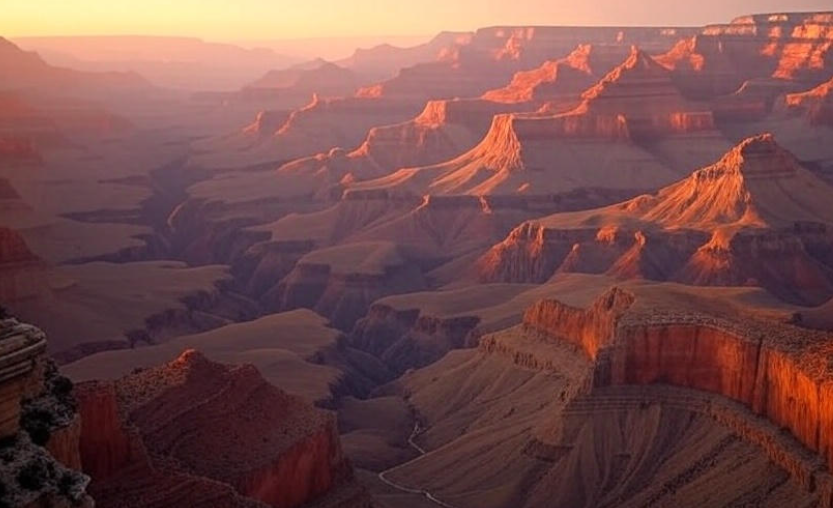
Quick Recap Table
| Event | Year | Key Impact |
|---|---|---|
| Fall of Berlin Wall | 1989 | End of Cold War, freedom in Eastern Europe |
| 9/11 Attacks | 2001 | Global war on terror, new security systems |
| Rise of China | 1980s–present | Economic and political shift |
| End of WWII | 1945 | Creation of UN, start of Cold War, nuclear age |
| Arab Spring | 2010–2012 | People-led revolutions, social media power |
| Collapse of USSR | 1991 | U.S. as sole superpower, rise of Russia tensions |
FAQs
Q1: Why are geopolitical events so important in history?
Because they affect not just one country but the entire international system — from trade and alliances to wars and peace treaties.
Q2: Which event had the biggest global impact?
It depends on perspective. World War II shaped the 20th century, while 9/11 redefined the 21st. Both remain deeply influential.
Q3: Could another event like the Arab Spring happen today?
Yes. With social media and rising global frustrations, mass movements can still erupt quickly and unexpectedly.
Q4: How does China’s rise affect ordinary people?
It impacts global prices, job markets, technology, and even the phones we use every day.
Q5: Did the collapse of the Soviet Union make the world safer?
In some ways, yes, because the Cold War ended. But it also created new tensions that continue today.
✅ This was a journey through six powerful events that shaped the modern world. They remind us how fragile balance can be — and how one decision, protest, or even accident can alter history forever.

